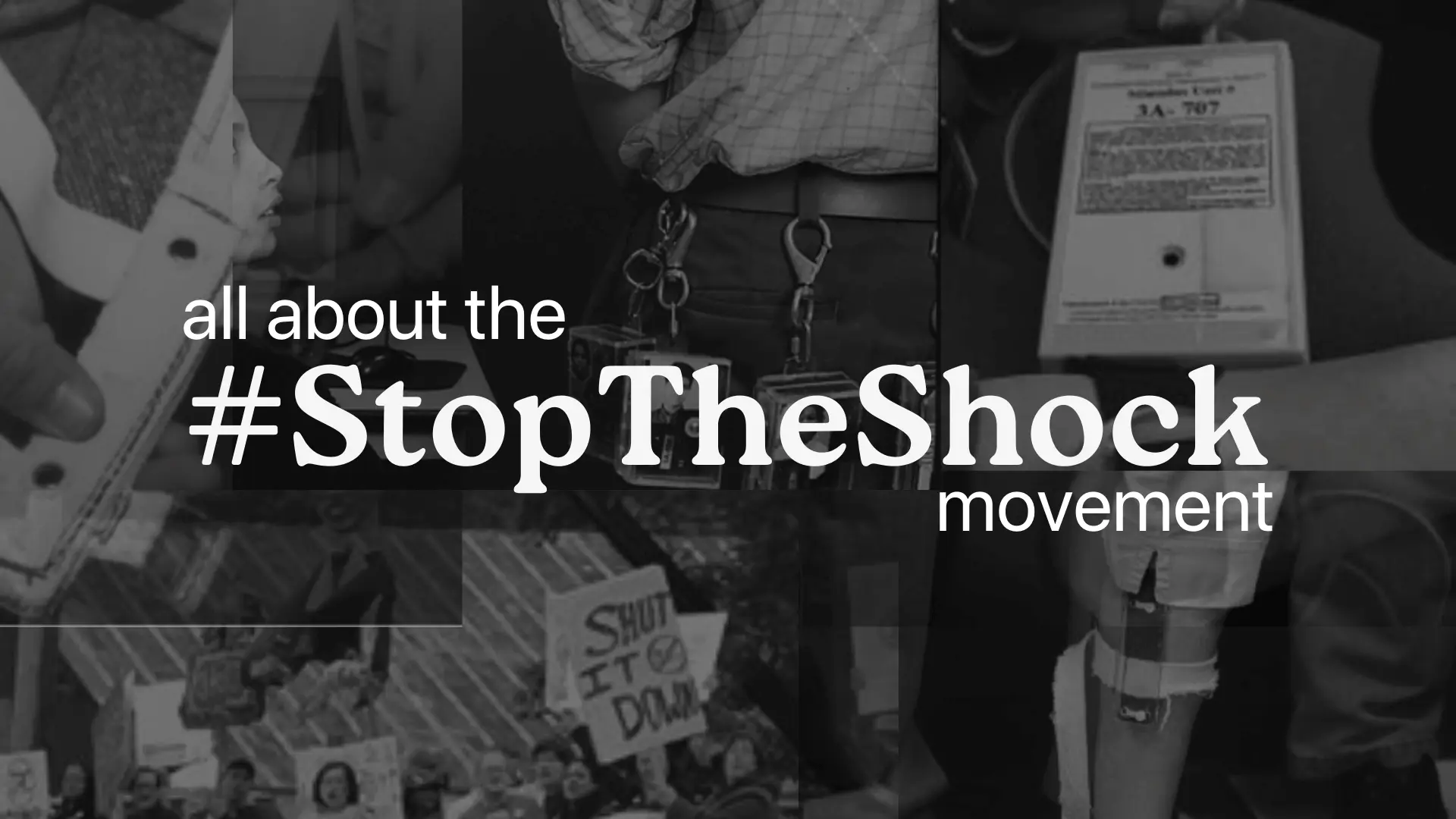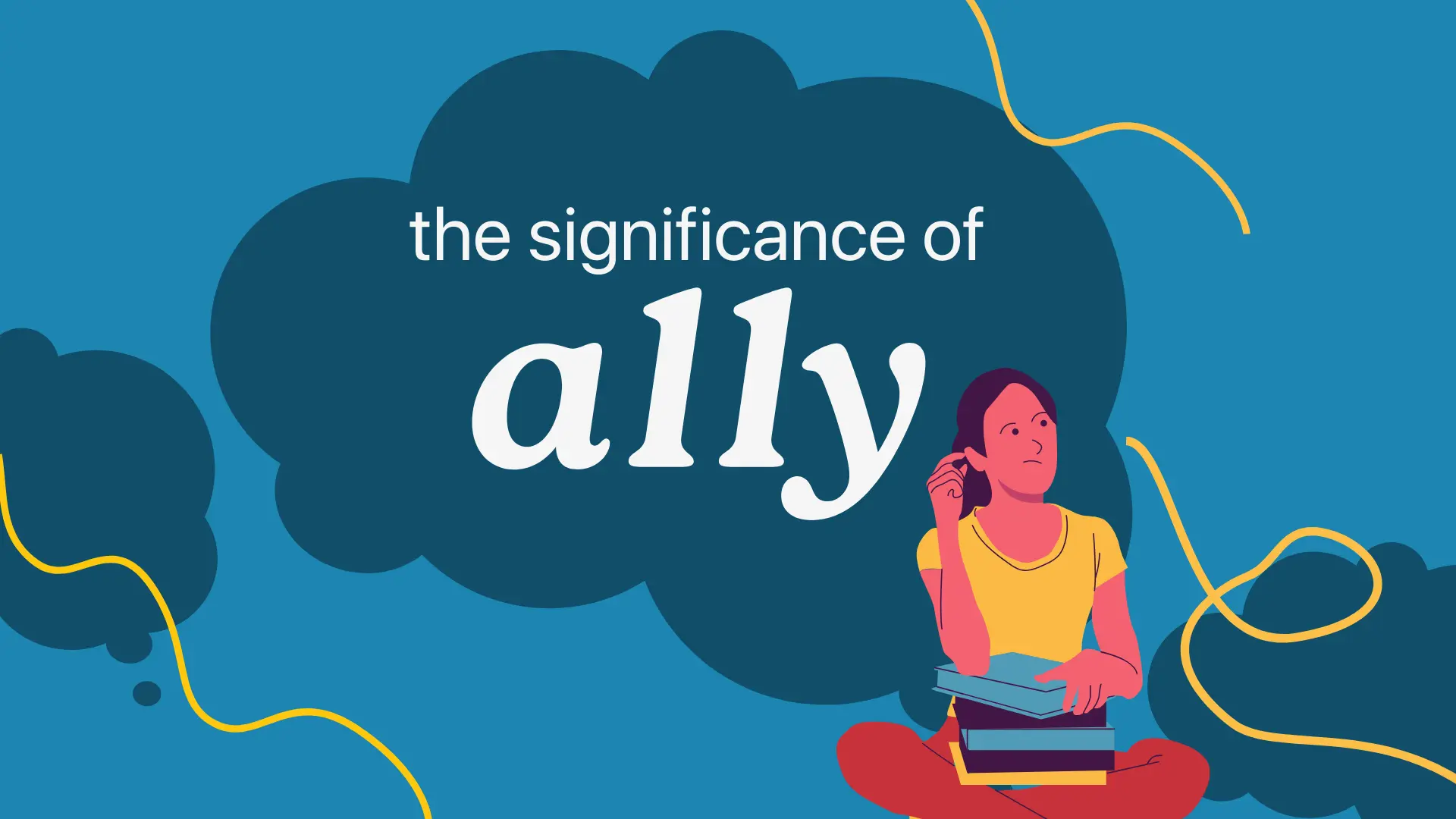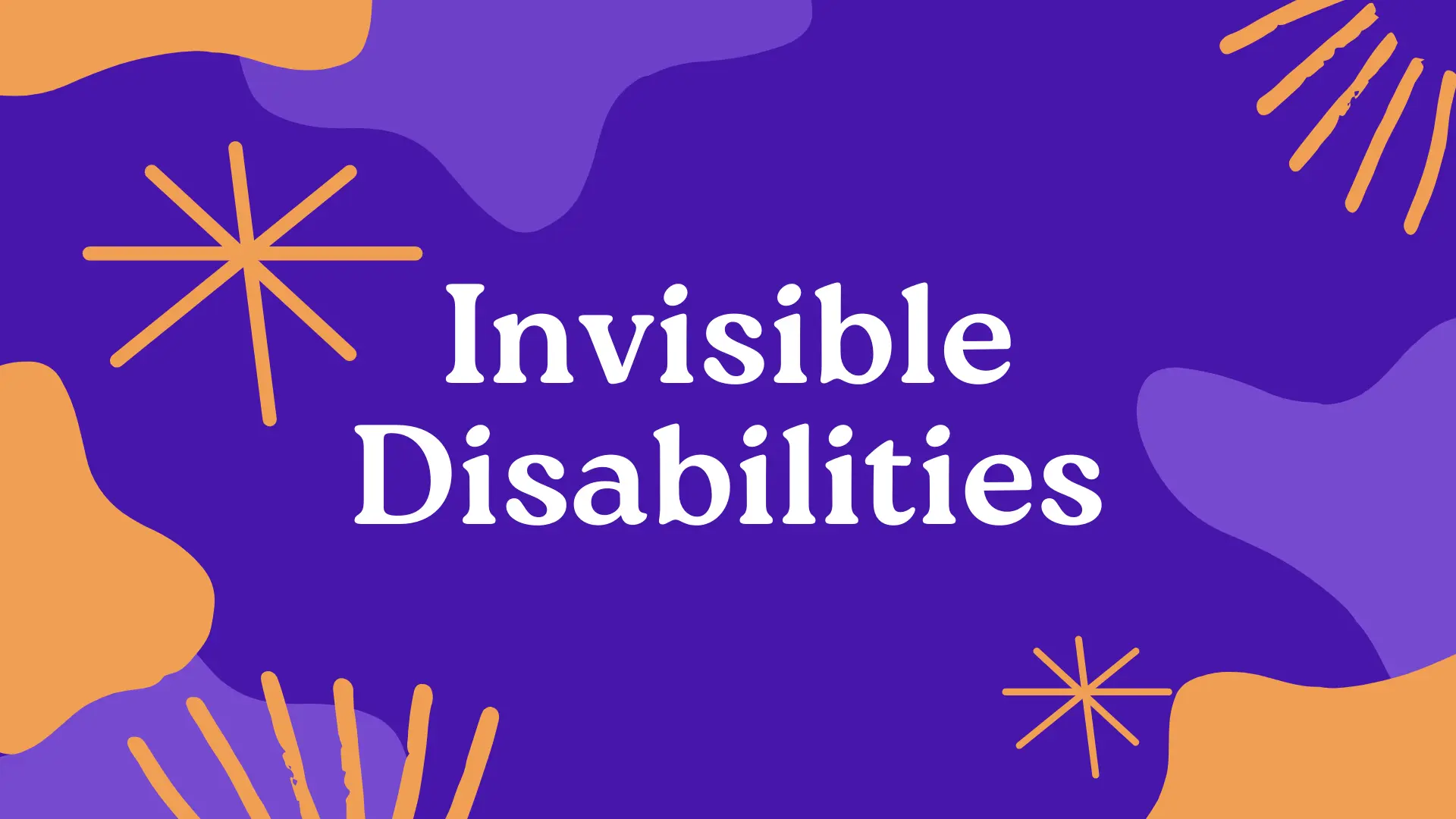The digital age has witnessed the rise and fall of countless hashtags. However, few resonate as deeply or poignantly as #StopTheShock, a hashtag rooted in the fight for humanity and justice.
Understanding the History
In 2021, the D.C. Circuit made a decision that sent ripples through the global disability rights community: the rejection of the FDA’s ban on electric shock devices. These devices, known as GEDs (Graduated Electronic Decelerators), have been a tool in the arsenal of the Judge Rotenberg Educational Center (JRC) for decades. The JRC, an institution housing individuals with developmental disabilities and varying neurotypes, claims that these shocks curtail aggressive behaviors.
However, what does the GED actually entail? It delivers electric shocks, with some settings producing sensations twice the pain threshold for most adults. To put it in stark perspective, a GED can unleash a shock up to nine times stronger than that of a cattle prod. Alarmingly, it’s administered for minor actions like standing without permission or involuntary reactions.
Repercussions of This “Treatment”
The human cost of using GEDs is staggering. Beyond the immediate pain lies an array of physical ailments: burns, tissue damage, seizures, and cardiac issues. The emotional scars run even deeper, manifesting as anxiety, depression, and post-traumatic stress.
The global community has not turned a blind eye. Organizations from the United Nations to human rights groups have condemned the use of GEDs. In a significant move, the FDA banned the device in 2020, marking only the third ban in its history. Yet, despite this backlash, the JRC’s practices continue, highlighting a systemic issue that transcends a single institution.
The Call to Action
While hashtags might trend and fade, the issues they highlight often persist. The voices of the marginalized, especially disabled individuals, are frequently muted in mainstream discourses. Thus, the onus falls on each of us to amplify these narratives.
Those eager to contribute to the cause can explore resources and petitions, like the one found here. But beyond signing petitions, it’s essential to foster an environment of empathy and understanding. As Robert M. Hensel poignantly remarked, “There is no greater disability in society, than the inability to see a person as more.”
What It Means?
#StopTheShock is more than a digital outcry — it’s a testament to society’s collective responsibility to protect its vulnerable. As the movement gains momentum, may it be a beacon for change and a reminder that the fight for humanity is ceaseless.

 Demystifying 'a11y': The Drive for Digital Accessibility
Demystifying 'a11y': The Drive for Digital Accessibility